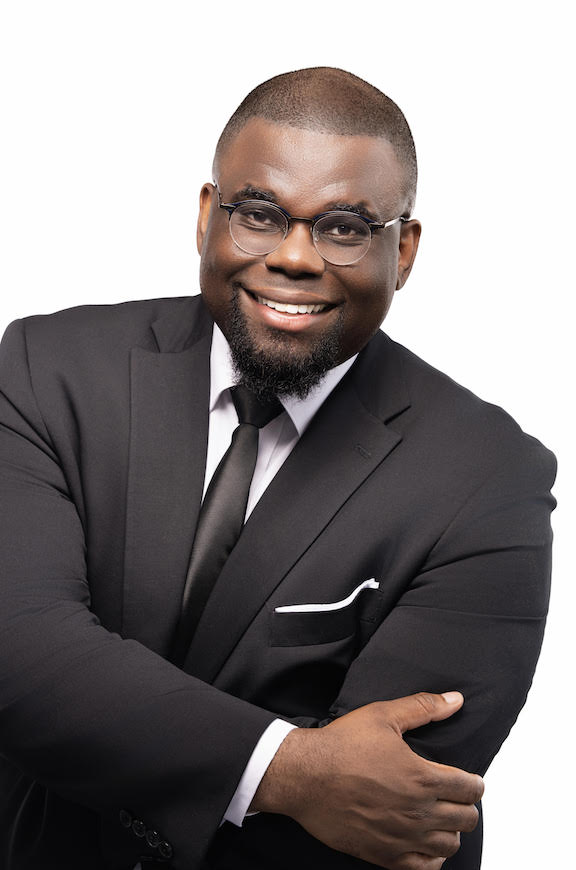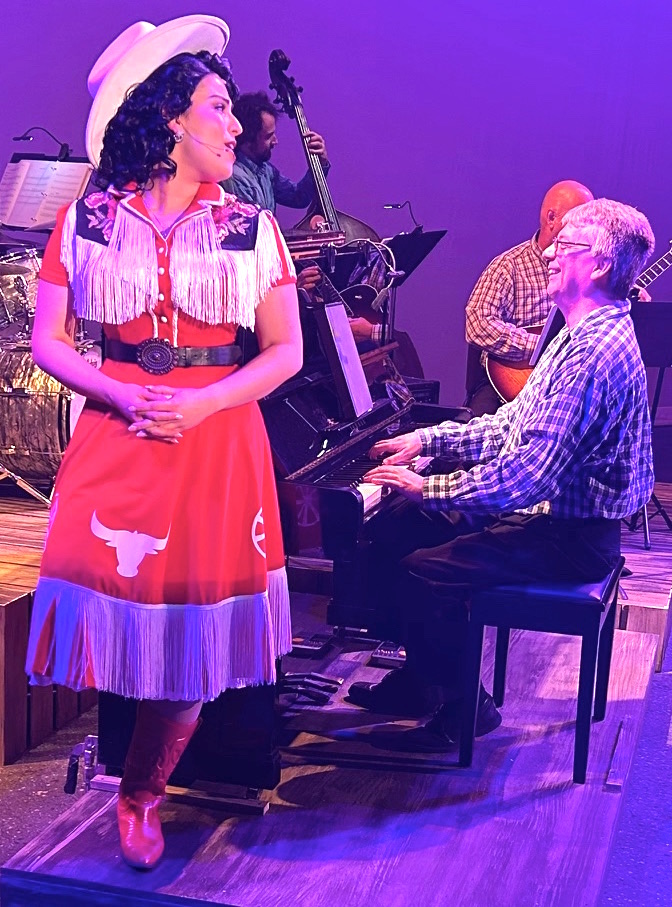ZACHARY: Journalists, just people you know championing truth
Published 5:18 pm Saturday, June 13, 2020

- Editor Jim Zachary
Journalists are people.
They have thoughts, feelings and opinions.
Trending
None of those things keep them from doing their jobs anymore than your thoughts, feelings and opinions keep you from doing your own job and doing it well.
The highest callings of a journalist are to tell the truth and to give voice to the voiceless.
Sometimes that can mean telling the stories of people who see things differently than they do or who have different life experiences, values or even core belief systems.
When a journalist interviews a newsmaker and shares the words of that person in a news article, it does not mean the journalist agrees with everything that person is saying.
A journalist may be passionate about the Black Lives Matter movement, it would be hard not to be passionate about it.
That does not mean, however, that the reporter cannot cover a protest in an evenhanded, fair and truthful way.
Trending
That same reporter might interview police about the use of force to disperse a crowd.
If the resulting news story shares the experiences of protesters who believed, for example, tear gas or rubber bullets were used for no reason that does not mean the journalist is against police.
If that same story includes comments from police saying they were “doing their job” and following the orders they have been given, that does not mean the journalist is against the protesters and thinks the tear gas was justified.
Reporting the news is all about telling the whole story.
It is about putting things in full context.
Sometimes newspaper editors like to talk about giving both sides.
But most stories are not really two-sided, they are more like polygons with multiple sides or onions with many layers.
No news report can tell you all there is to know about a topic, a meeting or an event, so there are judgments made by reporters and editors every single day about what to cover, when to cover it, how much resources to allocate, whose comments, what facts or data to include.
There are quite obviously judgments and certain biases in all those kinds of decisions.
It would be disingenuous to suggest that news reporting can be done without any hints of bias.
We all bring personal judgments, preconceptions and even prejudices into everything we do.
It is knowing and being fully aware of that fact that spurs editors and reporters to work diligently to fact check their reporting and balance their coverage.
But all of this begs the question: Should a journalist ever champion a cause?
It is an important debate without easy or clear answers.
While journalists everywhere search their souls and grapple with how to maintain as much objectivity as possible in the face of inequity and injustice, one thing should be clear, and that is every journalist should — at the very least — always champion the cause of truth.
Jim Zachary is CNHI’s deputy national editor, the editor of The Valdosta Daily Times and president of the Georgia First Amendment Foundation. He can be reached at jzachary@cnhi.com.





